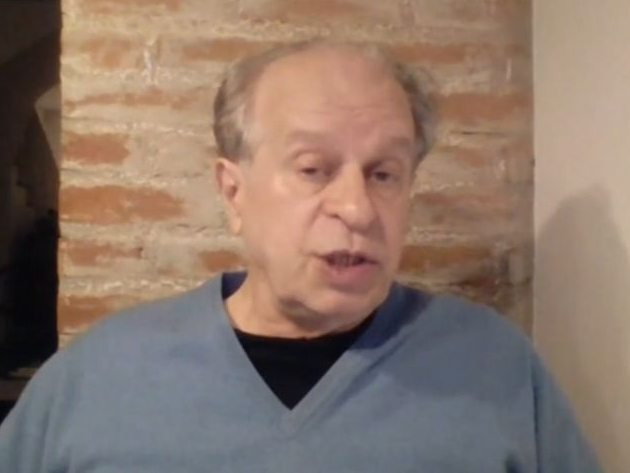Janine also points out that the rhetoric of denial regarding vaccines, forms of treatment, and measures of social distancing has been endorsed not by the scientific community, but by the individualistic ideas of a minority of physicians.
The current president of the Brazilian Society for the Advancement of Science (SBPC), the former minister considered that the current government, among other things, had not exercised the appropriate leadership role in health and education to support citizens in the health crisis, and that the country had not invested in science as it should. He remembers that Brazil, along with South Africa, is the only BRICS country that does not have a nationally developed vaccine against Covid-19, eliminating the need to rely on other countries to fight the virus.
“Brazil can be at this level. It has qualified scientists and it has good laboratories. We could also have produced a vaccine against Covid,” the professor said, noting that the country ranks 11th in scientific production in the world.
The disaster is stark, it’s a lack of leadership. “A government committed to Brazil could have acted differently,” he added.
Another indication of the Brazilian government’s neglect of scientific development, for Janine, is the problem of the Toba supercomputer of the National Institute for Space Research. The professor cites that the technology used in climate studies and forecasts, as well as drought assessment, could be stopped due to lack of funds – there was an 18% cut in the institute’s budget.
5G technology in Brazil
The ex-minister rejects government supporters’ talk about 5G technology, which will increase the speed of mobile data transmission on mobile phones, about avoiding service privileges in Brazil for Chinese companies, alleging “espionage”.
“The important thing for Brazil is to choose the best product, under the best conditions. It will be Chinese, it will be Western, and this should be chosen according to the interests of Brazil. We hear a lot that Chinese 5G can have spying. In fact, we are already spying on us, all the time from before social networks,” he noted.
“We have to think about the national interest and do what we can to protect ourselves from it [espionagem]But don’t let economic development falter and don’t fall into the easy rhetoric of a spy talking bad about another spy,” referring to the program outline. winged horse Developed by an Israeli cybersecurity company, it helped spy on government officials from different countries.

“Wannabe internet buff. Future teen idol. Hardcore zombie guru. Gamer. Avid creator. Entrepreneur. Bacon ninja.”

